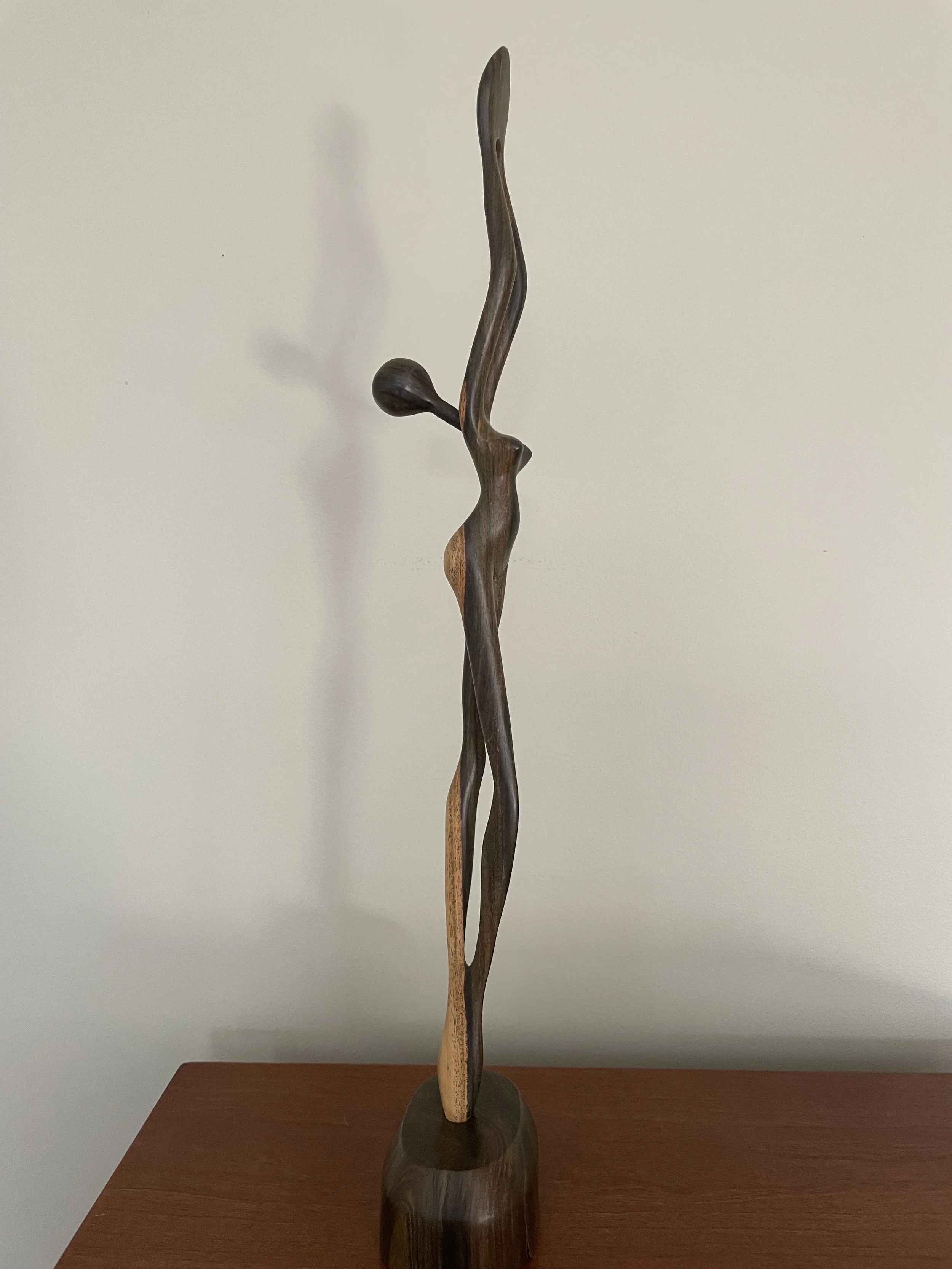Here's Why A Bot Won't Write Your Next Novel
by Elizabeth Solar
As a voice actor at the turn of the millennium who grew accustomed to recording in analog studios with a full staff of audio brethren, I bemoaned the changeover from mostly in-person sessions to solo at-home digital recording. (Remember when we actually liked socializing with co-workers?)
A wise colleague counseled me on the changing reality. “The train is leaving the station. Are you going to be on it?”
Such is the situation we all now face with AI, or if you’ve been sheltering in an underground bunker these last years, Artificial Intelligence. One notable program, ChatGPT, is a natural language processing tool powered by AI. With it, you can have regular, human-type conversations with a chatbot. The language model can answer question and is accessible, efficient, and sometimes funny. code. While many of us are aglow at what this may mean for productivity, many creatives, including writers, are curled up in a tighter fetal position than usual.
Should writers fear a literary takeover by the BOTS?
The short answer is: It depends.
You wanted a more definitive answer?
I suggest reading two excellent articles, one in the Atlantic and Business Insider about the rise of AI: what it is and how it affects human endeavors.
Rather than criticize new technology - after all, who doesn’t love a little help? - today’s post, dear readers, is one opinion on some of AI’s limitations, based on what I’ve read and what I hear through anecdotes from actual humans.
One ghostwriter needed a post for a client on a new tech platform – a subject in which they had little knowledge – and turned the writing over to ChatGPT. She turned over the project to an editor friend, well-versed in tech who found information that was outdated and just plain wrong.
So, there’s that.
Let’s take a real-life example from literature and see how the bots measure up to a human author.
Here is a passage from Gabriel Garcia Marquez’s Love in the Time of Cholera
“It was the time when they loved each other best, without hurry or excess, when both were most conscious of and grateful for their incredible victories over adversity. Life would still present them with other mortal trails, of course, but that no longer mattered: they were on the other shore.”
After giving some information about this scene, here’s what Chat GPT generated:
“As the sun began to set on a warm summer evening, two people sat side by side on a bench in a park, holding hands and watching the world go by. They were both in their late 70s, and their faces bore the lines of a life well-lived.”
Which would you like to read? What moves you?
Marquez wrote from life experiences: his own and those he witnessed. He wrote with a beating heart, the depth of his soul, his personality, from life. There is a certain magic in that.
It’s called humanity.
One of my colleagues, a media personality, speaker, and writer recently spoke about AI. When I asked her how she was dealing with the technology, she said, “I’m doubling down on being [Myself]. I’m doubling down on being human. No one else can be me.”
AI is here to stay. It will only get better. Will it become sentient? Maybe not, but AI’s remarkable powers of mimicry and contextualization, due to the development of NLP, performs a decent job writing. Yet. I’ve yet to be moved. Despite that, I’m boarding that train, and will enjoy the ride, observing the wonders I see and experience and scribble those observations in a ruled notebook, or on my trusty tablet.
ChatGPT is a tremendous tool and can keep the unruliest writer organized with ways to plan out our writing. It might be a fantastic editor. The real stuff, what shakes our soul and lifts our hearts, is self-generated. Often imperfect, in need of revision, messy. But always fully ours and fully human.





